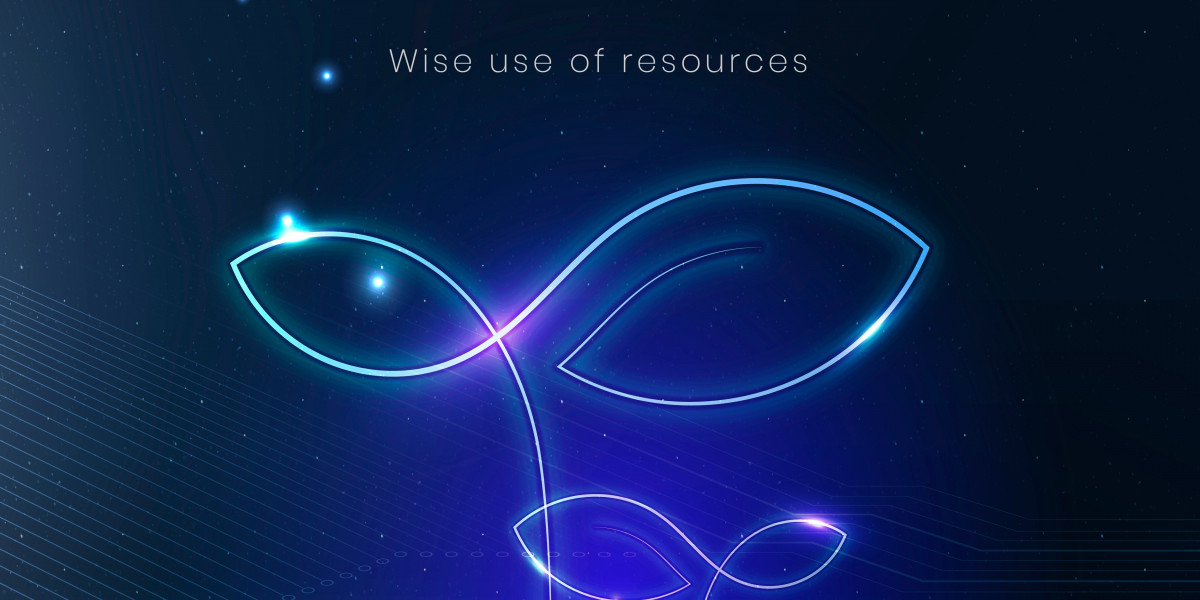In today's world, the pressing need for sustainable development has become more evident than ever before. The complex challenges we face, such as climate change, resource scarcity, and environmental degradation, demand innovative solutions. Enter Artificial Intelligence (AI), a transformative technology that holds great potential in revolutionizing sustainable development. By leveraging the capabilities of AI, we can tackle these challenges more efficiently, optimize resource management, and create a better future for our planet. In this blog, we will explore some of the key applications of AI in sustainable development and how they are shaping a more sustainable and resilient world.
- Climate Change Mitigation and Adaptation: AI plays a crucial role in addressing climate change by enabling more accurate modeling, prediction, and analysis. Climate modeling, for instance, relies on vast amounts of data to simulate future scenarios. AI algorithms can process this data to improve climate models and generate more precise predictions. This information can aid policymakers in developing effective mitigation strategies and supporting climate adaptation initiatives.
AI-powered systems can also optimize energy consumption by analyzing real-time data from smart grids and identifying patterns of energy usage. This enables better demand-response management, leading to reduced greenhouse gas emissions and more efficient use of renewable energy sources.
- Natural Resource Management: Efficient management of natural resources is vital for sustainable development. AI can enhance resource conservation and optimize utilization across various sectors. For instance, in agriculture, AI algorithms can analyze soil conditions, weather patterns, and crop data to provide precise recommendations for irrigation, fertilization, and pest control. This targeted approach minimizes waste, reduces the use of harmful chemicals, and improves overall productivity.
AI can also facilitate responsible forestry practices by monitoring deforestation and illegal logging activities through satellite imagery and data analysis. It enables early detection of potential threats to forests, allowing for timely intervention and preservation of biodiversity.
- Sustainable Urban Planning: As the world becomes increasingly urbanized, sustainable urban planning is crucial to ensure efficient resource allocation, reduce pollution, and enhance livability. AI tools can analyze vast amounts of data related to traffic patterns, energy consumption, waste management, and air quality to optimize urban infrastructure and services.
By utilizing AI-powered algorithms, city planners can develop intelligent transportation systems that optimize traffic flow, reduce congestion, and minimize fuel consumption. AI can also enable predictive maintenance of infrastructure, such as bridges and roads, reducing the risk of failures and improving safety.
- Environmental Monitoring and Conservation: AI-driven technologies are transforming environmental monitoring and conservation efforts. Drones equipped with AI algorithms can survey vast areas, collect data on biodiversity, and identify endangered species or invasive species. This information helps scientists and conservationists make informed decisions regarding habitat protection and restoration.
Additionally, AI-powered image recognition algorithms can analyze satellite imagery and detect changes in land use, deforestation, or coastal erosion. This early detection enables timely action, preventing further damage to ecosystems and enabling effective conservation strategies.
Conclusion: Artificial Intelligence has immense potential to revolutionize sustainable development. By leveraging AI technologies, we can tackle climate change, optimize resource management, and create more resilient and livable cities. However, it is essential to ensure responsible and ethical use of AI, addressing potential biases, and protecting privacy and security. As AI continues to advance, its integration with sustainable development will shape a better future for our planet, promoting a harmonious balance between economic growth, social well-being, and environmental preservation.






